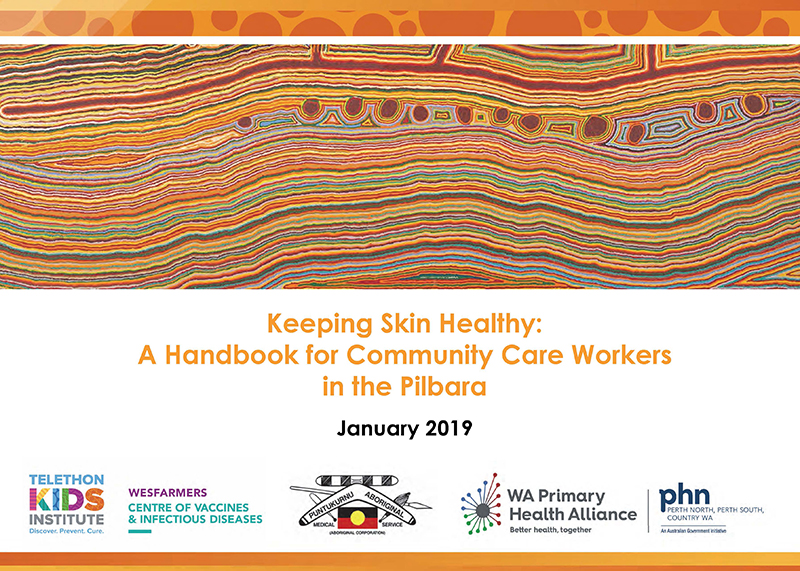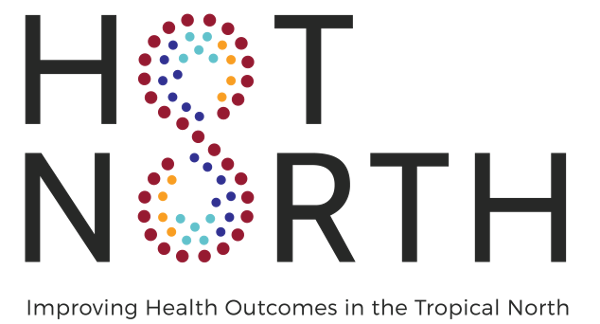Search
Research
OPTIMUM study protocol: an adaptive randomised controlled trial of a mixed whole-cell/acellular pertussis vaccine scheduleCombination vaccines containing whole-cell pertussis antigens were phased out from the Australian national immunisation programme between 1997 and 1999 and replaced by the less reactogenic acellular pertussis (aP) antigens. In a large case-control study of Australian children born during the transition period, those with allergist diagnosed IgE-mediated food allergy were less likely to have received whole-cell vaccine in early infancy than matched population controls (OR: 0.77 (95% CI, 0.62 to 0.95)). We hypothesise that a single dose of whole-cell vaccine in early infancy is protective against IgE-mediated food allergy.
Research
Molecular diagnosis of scabies using a novel probe-based polymerase chain reaction assay targeting high-copy number repetitive sequences in the sarcoptes scabiei genomeThe suboptimal sensitivity and specificity of available diagnostic methods for scabies hampers clinical management, trials of new therapies and epidemiologic studies. Additionally, parasitologic diagnosis by microscopic examination of skin scrapings requires sample collection with a sharp scalpel blade, causing discomfort to patients and difficulty in children. Polymerase chain reaction (PCR)-based diagnostic assays, combined with non-invasive sampling methods, represent an attractive approach.
Research
COVID-19 Response and Lessons Learned on Dengue Control in BhutanCoronavirus disease 2019 (COVID-19) is an acute respiratory illness caused by severe acute respiratory syndrome coronavirus 2 (SARS-CoV-2). SARS-CoV-2 initially was identified from a cluster of patients admitted with ‘pneumonia of unknown etiology’ in late December 2019 to hospitals in Wuhan, Hubei Province, China.
Research
Adjunctive protein synthesis inhibitor antibiotics for toxin suppression in Staphylococcus aureus infections: a systematic appraisalA summary of the literature regarding the use of adjunctive protein synthesis inhibitors for toxin suppression in the setting of S. aureus infections is presented

News & Events
Major NHMRC grant prioritises strong skin for Aboriginal childrenEfforts to improve health outcomes for Aboriginal children have been accelerated thanks to almost $1 million in National Health and Medical Research Council (NHMRC) funds awarded to skin health researchers at The Kids Research Institute Australia.

News & Events
Beating the bugs: a new resource helping to keep skin healthyA year after launching the first National Healthy Skin Guideline to address record rates of skin infections in Australia’s Indigenous communities, The Kids Research Institute Australia has released a new resource as part of the guideline.

News & Events
Port Hedland welcomes health experts from around AustraliaPort Hedland is hosting some of Australia’s most respected health researchers this week as they join forces with local health professionals to improve the health of people living in the tropical north of the country.

News & Events
New RHD research collaboration with Danila Dilba Health ServiceThe Kids Research Institute Australia and Menzies School of Health Research have joined forces with Danila Dilba Health Service to look at improving treatment for RHD.

News & Events
Inaugural Winner of the Deborah Lehmann Research AwardCongratulations goes to Celestine Aho, the inaugural winner of the $30,000 Deborah Lehmann Research Award.

Contact us If you'd like to get in touch, please contact us by phone or email. Phone: 0400 450 240 Email: OPTIMUM@thekids.org.au What is the
